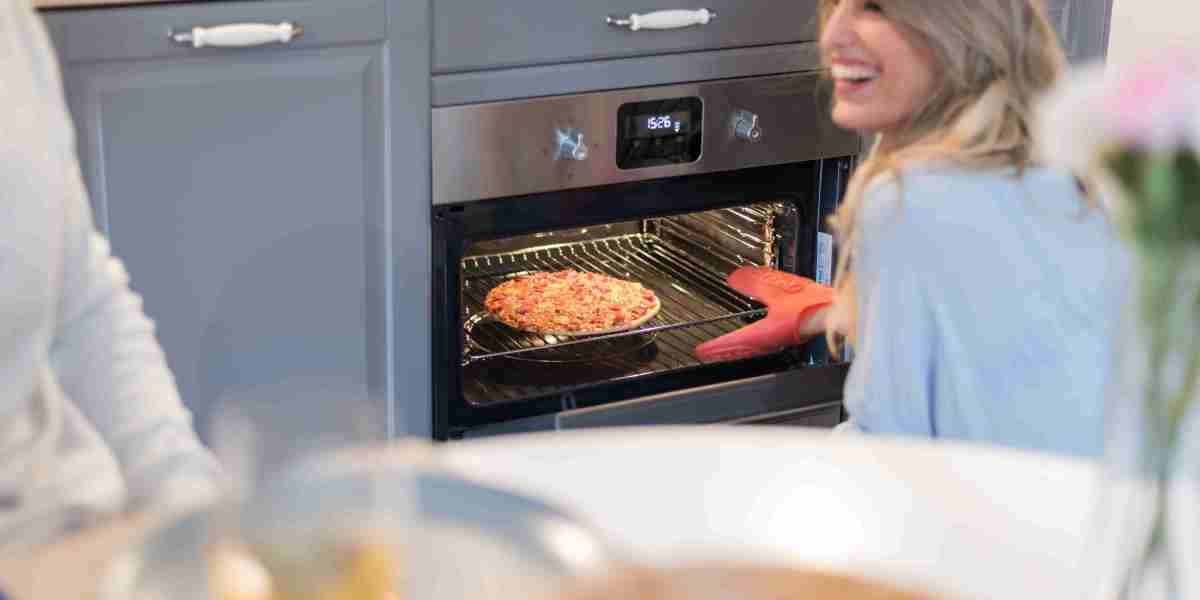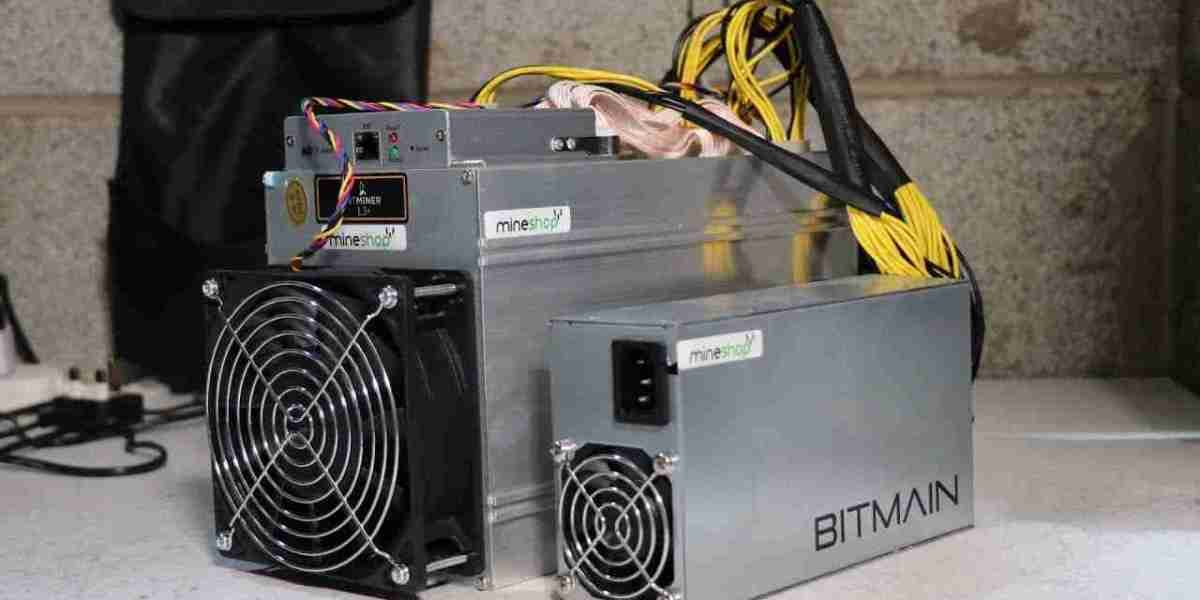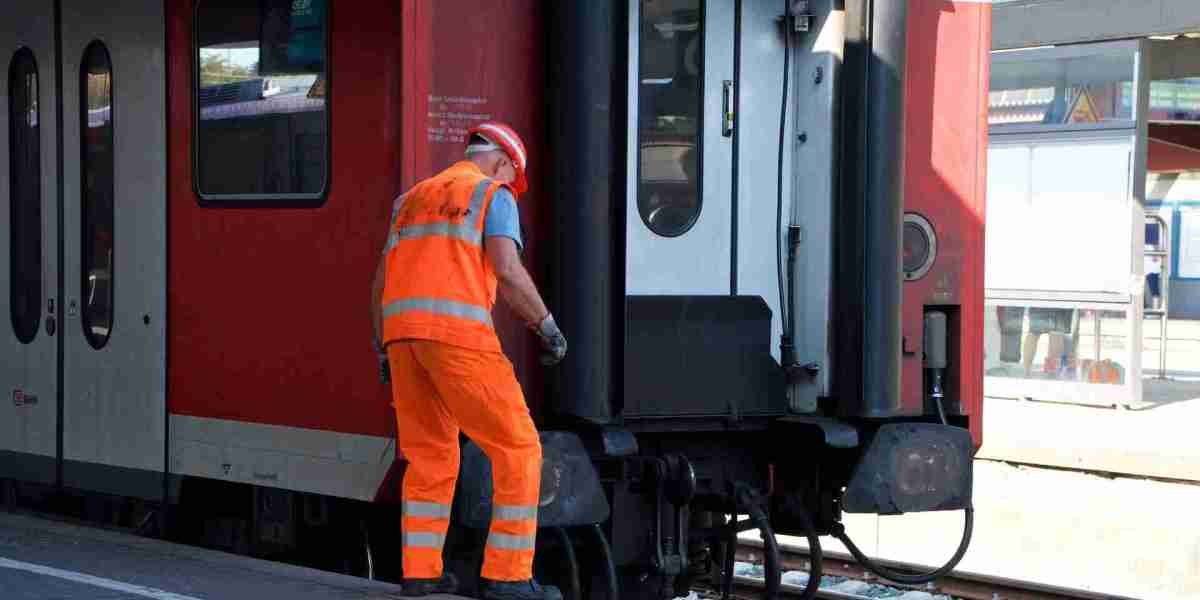The Modern Kitchen: A Guide to Built-In Ovens and Hobs
In today's hectic world, where cooking has actually ended up being an imaginative outlet and a vital part of everyday life, having the right kitchen appliances is crucial. Amongst these, built-in ovens and hobs stand apart as favorites in modern-day cooking areas. This post intends to explore these appliances in depth, discussing their advantages, types, installation alternatives, and vital suggestions for picking the very best models for your kitchen.
Understanding Built-In Ovens and Hobs
What are Built-In Ovens?
A built-in oven is an appliance that is designed to fit perfectly into cabinets, supplying a clean aesthetic in the kitchen. They differ from freestanding ovens and are known for their versatility, readily available in numerous sizes and functionalities. Cookology FOD60SS 60cm Built-In Electric Oven ovens can be electric, gas, or perhaps steam ovens, making them appropriate for different cooking designs.
What are Hobs?
Hobs, likewise called cooktops, are the flat cooking surface areas usually located on the countertop. Like ovens, hobs can be found in numerous kinds, including gas, electric, induction, and even integrated styles. Their compact nature enables flexibility in kitchen designs and styles.
Table 1: Comparison of Built-In Ovens and Hobs
| Function | Built-In Oven | Hob |
|---|---|---|
| Setup Type | Integrated into kitchen cabinets | Set up on countertop |
| Cooking Methods | Baking, roasting, steaming | Boiling, frying, sautéing |
| Types | Single, double, mix | Gas, electric, induction |
| Visual appeals | Modern, sleek designs | Numerous finishes available |
| Control | Digital shows, manual | Knob or touch control |
| Cost Range | Mid to high-range | Wide, depending upon type |
Advantages of Built-In Ovens and Hobs
Visual Appeal
Built-in ovens and hobs contribute considerably to a streamlined look in modern kitchens. Their combination into cabinets allows for a clean and expert finish that complements any kitchen design.
Space-Saving Design
One of the pivotal advantages of built-in ovens and hobs is their space-saving design. As they are fitted straight into kitchen cabinetry, they maximize valuable counter area, making the kitchen feel bigger and more organized.
Adaptability in Cooking Methods
Built-in ovens included numerous cooking functions, such as convection, barbecuing, and self-cleaning choices. Similarly, hobs offer diverse cooking methods, consisting of fast boiling with induction innovation or the standard flame of gas hobs. This adaptability allows home cooks to try out a Cookology 60cm Large Built Under Double Oven range of culinary techniques.
Enhanced Safety Features
Many modern-day built-in hobs and ovens included advanced safety functions, such as automatic shut-off, cool-touch doors, and child locks. These features enhance security, particularly in families with kids.
Picking the Right Built-In Oven and Hob
Selecting the best built-in oven and hob for your kitchen involves several factors to consider:
Factors to Consider
- Kitchen Layout: Understand the circulation and style of your space to pick appliances that fit your design.
- Cooking Habits: Are you a casual cook, or do you prepare complex meals? Understanding your cooking needs will guide your selection.
- Spending plan: Building a budget will assist narrow down your choices without spending beyond your means.
- Energies Available: Check if you have access to gas lines for a gas hob or if you prefer electric choices.
- Energy Efficiency: Look for energy-efficient designs that can minimize electricity or gas expenses with time.
Types of Built-In Ovens and Hobs
Built-In Ovens
- Single Ovens: Ideal for smaller sized kitchens or casual cooks.
- Double Ovens: Great for those who typically entertain or cook several dishes at the same time.
- Mix Ovens: Feature both conventional and microwave performances.
Hobs
- Gas Hobs: Perfect for those who prefer the control of open flames.
- Electric Hobs: Common and simple to utilize, but might take longer to warm up.
- Induction Hobs: Quick heating and energy-efficient, however require compatible cookware.
Frequently asked question Section
Q1: Are built-in ovens more costly than freestanding ovens?A1: Generally, built-in ovens are more expensive due to their style and setup requirements. Nevertheless, the cost can vary based upon features and brand names. Q2: Can I install a built-in Oven Installation myself?A2: While DIY installation is possible, it is suggested to hire a professional for gas and electrical connections to guarantee security and compliance with regional codes. Q3: What maintenance do built-in ovens and hobs require?A3: Regular cleansing is necessary. Hobs may require periodicdescaling, and ovens can gain from self-cleaning functions if If you value exact temperature control, gas may be the Look for those with high ratings to minimize energy bills. In summary, built-in ovens and hobs are necessary parts of an elegant and practical contemporary kitchen. Their range, safety functions, and aesthetic appeal make them an attractive choice for house owners and striving chefs alike. By carefully considering your cooking practices, kitchen layout, and style choices, you can choose the right built-in appliances that enhance your cooking experience and transform your kitchen into a culinary sanctuary. The financial investment in these appliances not only adds worth to your home but likewise elevates your cooking to brand-new heights.
available. Q4: How do I choose in between gas and electric hobs?A4: Consider your cooking preferences, offered utility connections, and security features.
best choice. For quick heating, intergrated electric oven or induction might be better. Q5: What are the energy effectiveness ratings of built-in ovens and hobs?A5: Most contemporary built-in ovens and hobs come with energy scores, comparable to other appliances.






